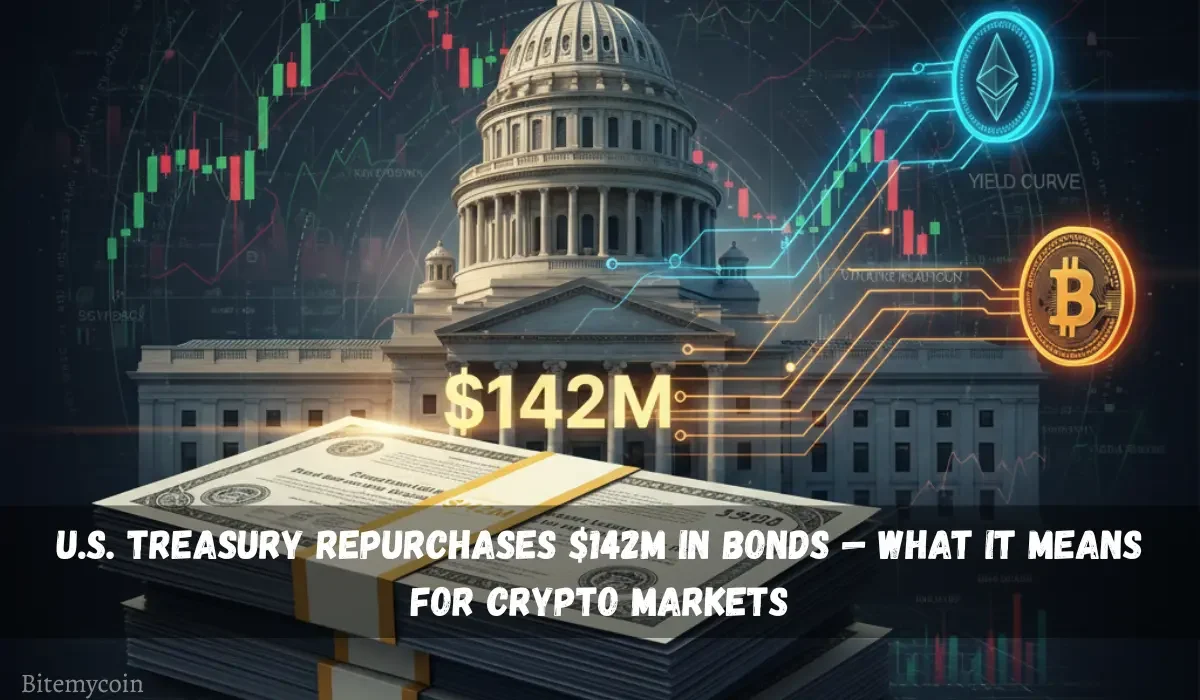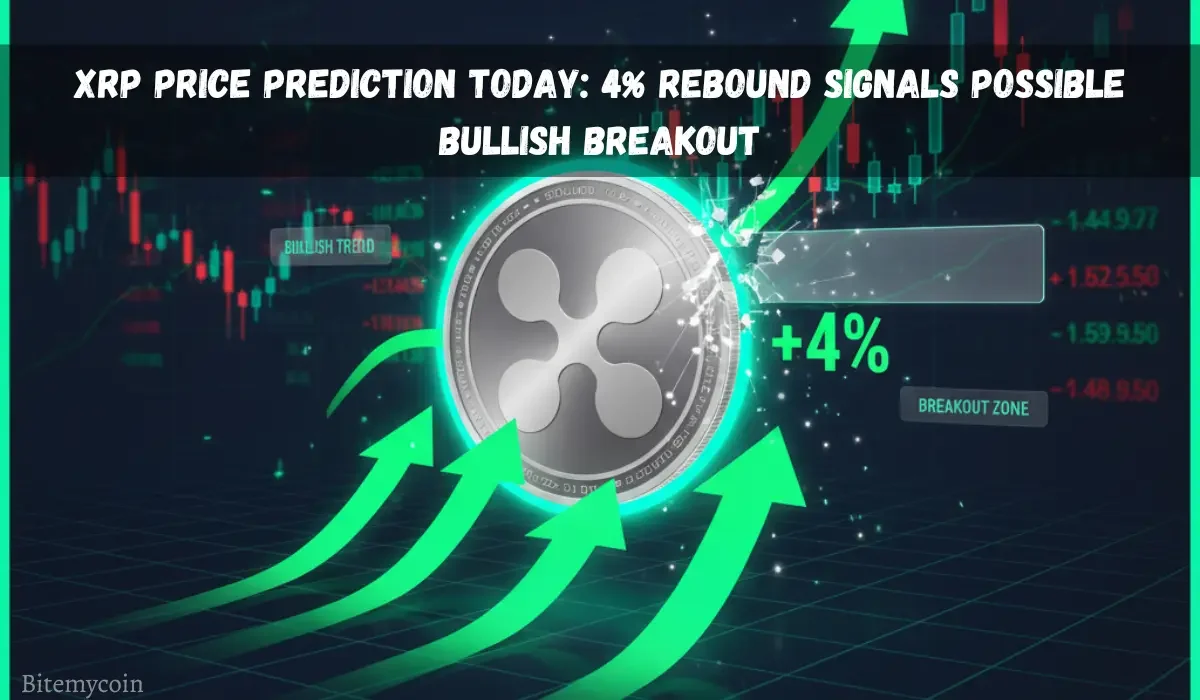Brazil’s Central Bank Moves To Regulate Crypto, Classifies Stablecoins As FX Instruments

Key Takeaways
- Banco Central do Brasil (BCB) has proposed new crypto regulations that would classify stablecoin transactions and self-custody wallet transfers involving intermediaries as foreign exchange and international capital market operations.
- The SPSAV license, aimed at crypto service providers in the country, would be an extension of the central bank’s existing rules on consumer protection, transparency, and anti-money laundering.
- Recently, President Lula’s administration sent a bill to Congress seeking authority for law enforcement to seize crypto assets tied to criminal activity and convert them into Brazilian reals.
- According to the BCB, more than 90% of crypto transactions happening in Brazil involve stablecoins, which are primarily used for payments. Brazil is only second to Argentina when it comes to crypto activity in Latin America.
The Brazilian government and its central bank – Banco Central do Brasil (BCB) – have proposed a new set of legislative and regulatory rules to crack down on the criminal use of crypto assets by creating authorization requirements for digital asset service providers, such as trading platforms and crypto wallets.
On Monday, the central bank released banking-style guidance that would classify stablecoin transactions, including their purchase, sale, or exchange, and certain self-custody wallet transfers as foreign exchange (FX) operations.
Brazil Expands Existing Anti-Money Laundering Rules To Crypto Brokers, Custodians, And Intermediaries
The BCB’s Resolution 519, 520, and 521 establish operational standards and authorization procedures for what is called the Sociedas Prestadoras de Servicos de Ativo Virtuais (SPSAVs) – a new category of licenses for virtual asset service providers (VASPs) operating in the South American crypto hotspot. For instance, Resolution 521 will treat some activities of VASPs as foreign exchange and international capital market operations.
The framework is an extension of the central bank’s existing rules on consumer protection, transparency, and Anti-Money Laundering (AML) to brokers, custodians, and intermediaries in the crypto space.
The central bank’s proposal comes as President Luiz Inacio Lula da Silva sent a bill to the national congress that would allow authorities to seize the personal properties of criminals – including virtual assets – during active investigations and convert them into fiat currencies during liquidation.
The bill’s text says that in the case of “seizure of foreign currency, bonds, securities, and checks issued as payment orders, or any other instruments representing value or virtual assets,” the judge presiding over the case will order their conversion into reais (BRL) – the national currency of Brazil.
BCB’s Resolution 521 Will Treat Crypto And Stablecoin Purchase, Sale, And Exchange For Transfers And Payments As FX Transactions
Gabriel Galipolo, President of BCB, has raised concerns over the difficulty of tracking stablecoin usage. Earlier this year, he said that crypto use maintains an opaque vision for taxation or for money laundering.
Under Resolution 521, a purchase, sale, or exchange of stablecoins, including for international transfers or payments, will be treated as foreign-exchange (FX) transactions. This classification will subject the fiat-pegged digital currencies to the same regulatory scrutiny as cross-border remittances or currency trades.
FX institutions and new SPSAVs licensees under the upcoming digital assets regulation will be able to perform stablecoin operations, subject to documentation and value limitations. The BCB has capped transactions involving unlicensed foreign entities at $100,000 per transfer.
The resolution also covers transfers to and from self-custody wallets when involving a service provider as an intermediary. The service provider must identify the wallet’s owners and verify the origin and destination of the assets, regardless of a domestic or international transaction. While the rule doesn’t explicitly ban crypto self-custody, it does patch up a critical reporting gap, forcing regulated exchanges and brokers to treat wallet interactions like FX operations.
The central bank reiterated that its goal is to ensure greater efficiency and legal clarity, prevent regulatory arbitrage, and include crypto activities in the country’s balance-of-payments (BoP) statistics, making stablecoin transfers visible in official financial data.
More Than 90% Of Brazilian Crypto Transactions Involve Stablecoins
The legislative proposal comes after months of public consultations and growing concerns by authorities over the dominance of stablecoin usage in the country. According to the BCB, around 90% of local crypto activity involves stablecoins, which are primarily used for payments.
Gailpolo said the widespread use of payment stablecoins presents a regulatory and oversight problem, especially in areas such as money laundering and taxation. The central bank has said that its new framework aims to curb scams and illicit activity while providing legal clarity to crypto markets.
However, for crypto builders, the new rules may raise compliance costs, reshaping how local platforms interact with crypto’s global liquidity. Smaller crypto players will be forced to compete with the bigger fish in the ocean while ensuring that they comply with the more stringent banking-grade regulatory standards.
Brazil is Latin America’s largest economy, and its biggest digital asset market. The country also issues the largest number of crypto-backed ETFs, including funds tracking Bitcoin, Ethereum, and Solana, among others.
The rules, which are expected to take effect in February 2026, signal a decisive shift from experimentation to serious oversight over the country’s crypto activity, which is second only to Argentina on the continent. Market participants are expected to start restructuring their activities to comply with the regulations before the end of the year.
Crypto & Blockchain Expert



